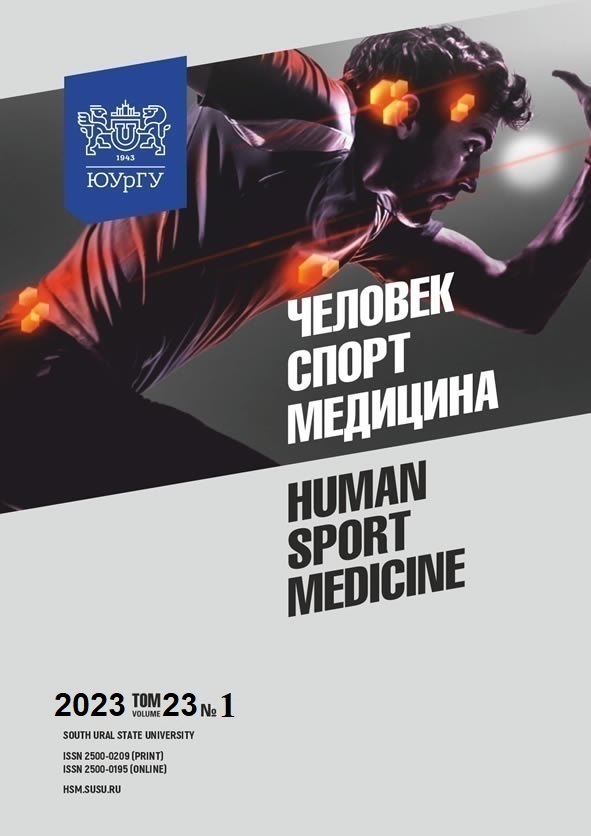COMPREHENSIVE ASSESSMENT OF ADAPTATION TO UNIVERSITY AMONG STUDENTS
Abstract
Aim. The paper aims to assess the adaptive capacities of medical students using a comprehensive analysis of physiological, genetic, and psychological manifestations. Materials and methods. The study took place at the beginning and end of the academic year and involved medical students (2nd and 5th-year students, n = 184) without chronic diseases. Subjects' regulatory and adaptive capacities were evaluated using cardiac and respiratory synchronization as well as heart rate variability analysis. Assessment of psychological status included questionnaires aimed at determining the type of higher nervous activity, anxiety level, WAM (well-being, activity, and mood), and mental stability. The genetic molecular analysis was used to determine the polymorphism of genes in the serotonergic neurotransmitter system. The “Statistika 10” program was used for statistical processing of the obtained data. Results. The annual academic performance rating was adopted as the standard of students' adaptation to university. Students with a rating of at least 4 points were considered 100% adapted (64 out of 184). The informative value of this methodology at the end of the year was 71.8% by regulatory and adaptive capacities; 31.2% by anxiety level; 42.2% by well-being, activity, and mood; 31.3% by mental stability; and 29.6% by heart rate variability. Conclusion. The manifestation of regulatory and adaptive capacities (adaptation) has a genetically determined mechanism. This mechanism, among others, is determined by the serotonergic neurotransmitter system. The comprehensive approach, which includes physiological, molecular, genetic, and psychological data, provides an integral assessment of adaptation.
References
References on translit
Copyright (c) 2023 Human. Sport. Medicine

This work is licensed under a Creative Commons Attribution-NonCommercial-NoDerivatives 4.0 International License.















